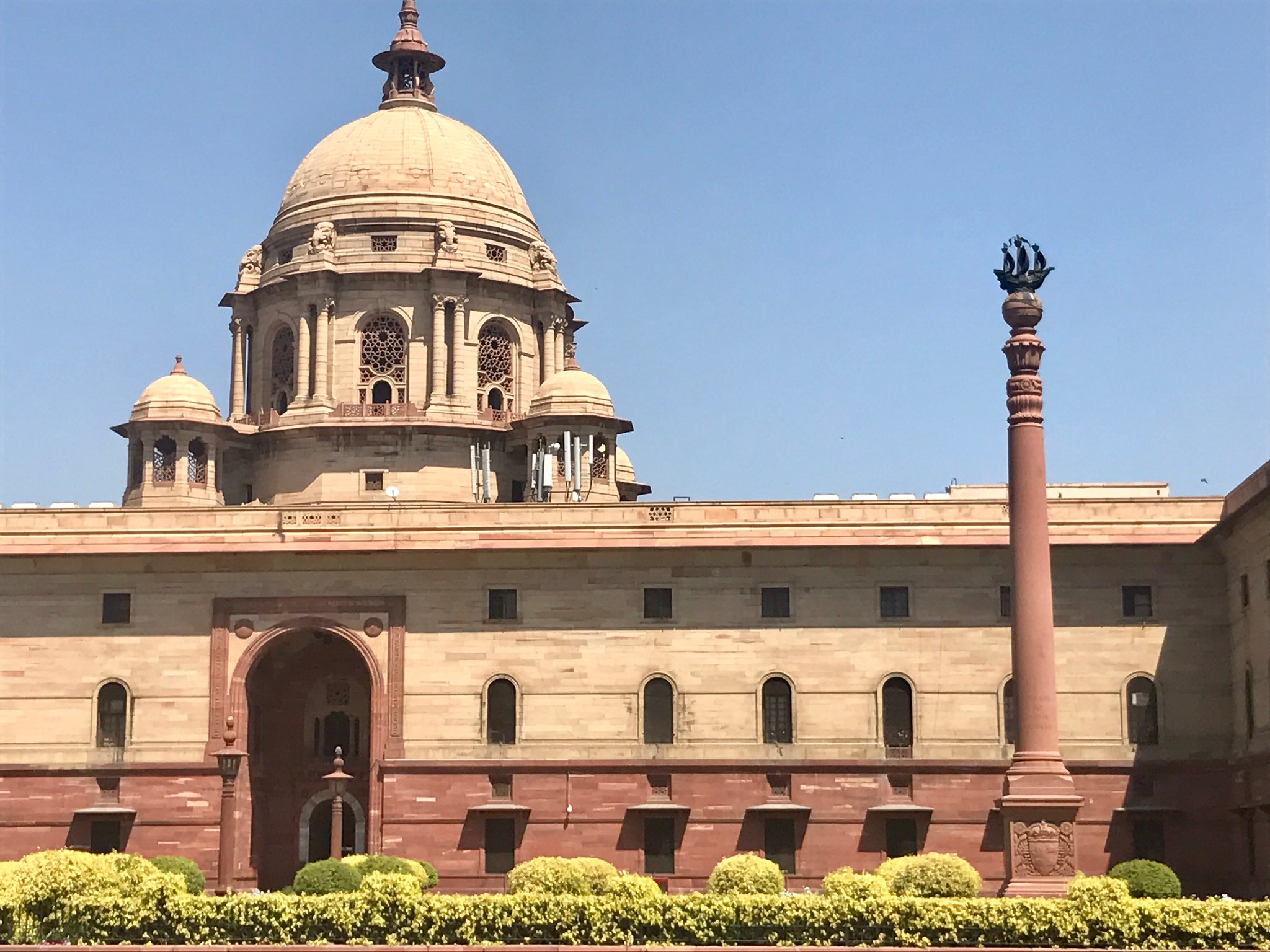Transparency activists on Friday continued what appeared a losing battle against the government’s efforts to weaken the Right to Information architecture by resurrecting a bill that empowers it to decide the salaries and tenures of the central information commissioner and information commissioners across the country.
The government has chosen to introduce the bill in the Lok Sabha exactly a year after it had to abort plans to do so in the Rajya Sabha in the face of stiff opposition inside and outside Parliament.
Friday’s move suggests the second Narendra Modi government now feels secure in the Upper House, having managed to bridge the gap in numbers with defections.
The original amendment bill had been deferred indefinitely after the Opposition parties threw their weight behind the protesting transparency activists.
At present, the salaries, allowances and other terms and conditions of service of the central information commissioner (CIC), information commissioners (ICs) and state chief information commissioners (SICs) are on a par with those of the chief election commissioner (CEC) and election commissioners (ECs). If the bill is enacted, the Centre will determine all this even in the case of the states.
This, according to transparency advocates, is an attempt to strike at the foundations of the RTI architecture. The reason the Right to Information Act, 2005, set the terms and conditions of service of the CIC and the ICs at the Centre and in the states on a par with those of the CEC and the ECs was to insulate the incumbents from any pressure from the government of the day, they say.
The Commonwealth Human Rights Initiative (CHRI) has argued the bill also goes against the idea of federalism as the Centre is assuming the right to appoint the state chief information commissioners and the state information commissioners too.
“While the salaries of the CIC are paid out of the Consolidated Fund of India, the salaries of the SICs are paid out of the consolidated funds of the respective states,” it said.
“Under the constitutional scheme of division of powers, neither Parliament nor the Government of India has the power or control over the consolidated fund of any state unless such state has been placed under President’s rule through a proclamation issued under Article 356 of the Constitution and the powers of the state legislature have been duly transferred to the President of India or subsequently delegated by him or her to Parliament.’’
Further, the proposals contradict the Modi government’s own decision of 2017 to upgrade and harmonise the salary packages of other statutory tribunals and adjudicating authorities, established under various central laws.
The salaries of the chairpersons of at least 17 tribunals were hiked to the levels of those of the election commissioners while the salaries of the members were upgraded to the levels of those of high court judges.
However, in the case of the CICs, ICs and SICs, the bill states that “the salaries and allowances payable to and other terms and conditions of service… shall be such as may be prescribed by the central government’’.
According to Venkatesh Nayak, head of the Access to Information Programme at CHRI, even the guarantee that is available to the statutory bodies is not provided to the RTI architecture in this bill.
Contesting the government’s claim that the bill is aimed at strengthening and streamlining the RTI Act, Anjali Bhardwaj of Satark Nagrik Sangathan said: “Nothing could be further from the truth! The amendment is aimed to ensure pliability of information commissioners towards central government.’’











